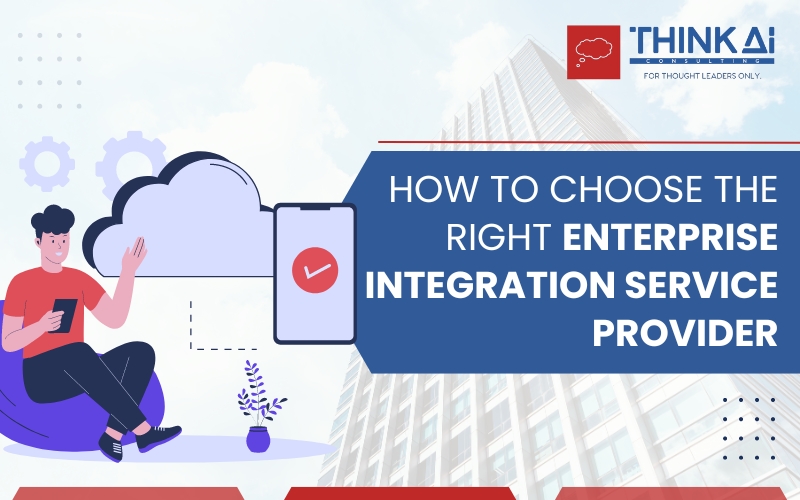When it comes to choosing an appropriate enterprise integration service, many firms become confused and often end up making the wrong choice. That’s why every business owner needs to exercise utmost caution while selecting the best integration platform for their office infrastructure.
The enterprise integration tool plays a key role in elevating the level of a business’s efficiency and overall staff productivity. Since you are making a significant investment while selecting an enterprise integration tool, it’s vital to evaluate whether the tool offers the required level of scalability, cost-effectiveness, security, and ease of use.
Here are some key factors you must consider for your enterprise integration strategy:
User-friendliness: When it comes to most IT tools, ease of use plays a significant role. With a user-friendly toolkit and low-code usage, integration specialists can easily create effective integration tools for business owners, even for those who are not tech-savvy.
Integration Architecture: The integration tool should adapt to new technologies and programming. Whether you are connecting the integration tool to IoT or cloud-based apps, it must provide seamless flexibility in transitioning from one technology or interface to another.
An integration tool’s system integration and flexibility depend a lot on its platform architecture. Whether an integration tool can adapt to new technology or not needs to be properly evaluated before you subscribe to any integration service. Confirm whether the tool is API-led or event-driven. Depending on your business needs and expectations, you must make an informed choice.
Performance: The primary purpose of integrating enterprise integration services into your business is to enhance performance, productivity, and output. The integration platform you choose should be capable of maintaining its performance for months without compromising its quality.
The integration tool should be able to handle a significant amount of data and work with new apps. Monitoring its performance in offices like yours can make things more transparent. Any enterprise integration tool must process real-time data at lightning-fast speeds while simultaneously ensuring the organization’s future growth.
Data Security: Ensuring data security for the business is the tool’s priority. The integration platform must offer robust security features like two-factor authentication, instant notifications, encryption, and confidentiality to prevent sensitive information from leaking to hackers or unauthorized entities.
Dashboard: The integration tool should provide ample opportunity for business owners to customize its dashboard for their specific business needs and goals. The tool must offer the capability to create custom workflows, charts, and other graphical or textual representations as required.
Cost and Budget: Now, we come to the most important segment—price. The integration tool you use shouldn’t be too pricey or too cheap. You must ensure that for a given price, you are receiving all the facilities and features needed for your business. Also, before finalizing any integration software, asking for its trial version is a prudent decision.
Ensure there are no hidden costs for using the software, while also considering its maintenance and implementation expenses.
Support and Community
The service provider must be transparent when it comes to customer support services. You never know when your enterprise integration tool may suddenly stop working amidst something important. Therefore, choose a service provider who offers 24/7 online support and chat facilities. Additionally, the brand’s community forum should provide timely updates about the platform, any intended changes, or security updates.
Third-Party Support: Nowadays, merely buying or subscribing to an enterprise integration tool is not enough. You must ensure from time to time that it works seamlessly and flawlessly with other third-party applications and services. The platform’s expected compatibility must be thoroughly evaluated before you select a specific integration software for your enterprise integration strategy.
Conclusion
Enterprise integration is not merely about incorporating new technology; it’s about empowering your customers and elevating your business to new heights. If you want to make the most of enterprise integration, get in touch with Think AI now!

